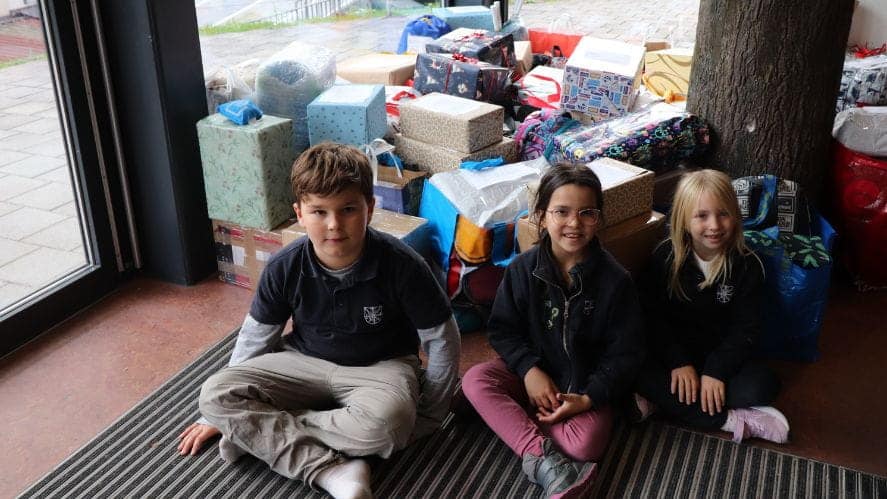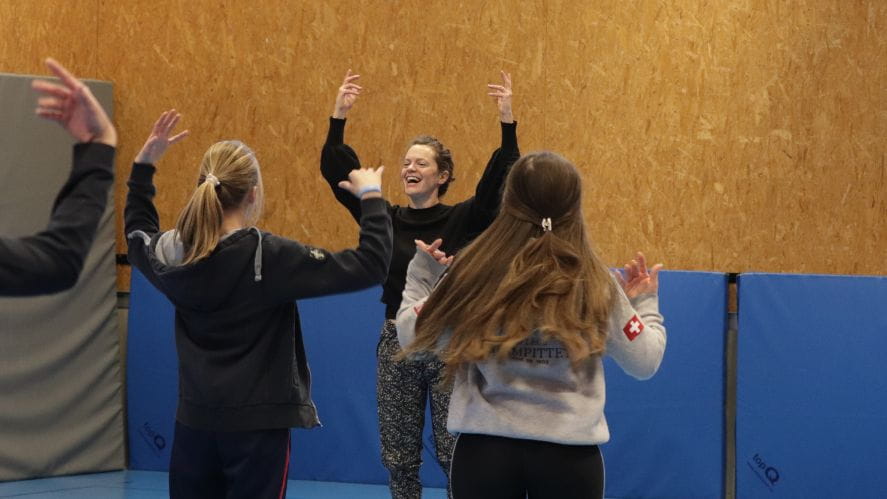The profound children's book Wonder by R.J. Palacio offers a powerful quote from American philosopher Dr. Wayne W. Dyer: "If you have the choice between being right and being kind, choose being kind." This statement invites deep reflection on the significant impact kindness has on others. A simple, kind gesture—like offering a smile to someone having a difficult day—can fundamentally alter their entire experience. This exchange creates a special dynamic: the person offering kindness experiences a sense of pride and self-worth, while the recipient feels seen, valued, and less alone, reinforcing their sense of belonging. Scientific research supports the far-reaching power of such acts. Scientist Jamil Zaki, in his article for Scientific American, posits a "kindness contagion," suggesting that "witnessing kindness inspires kindness, causing it to spread like a virus." According to his studies, observing acts of compassion motivates individuals to perform their own, potentially creating a ripple effect that can uplift an entire community, city, and beyond. However, Zaki's theory also presents a cautionary note, indicating that the cultural norms people most frequently witness will shape their behavior. An environment saturated with antagonism can foster hostile attitudes, underscoring the critical importance of proactively cultivating a culture of kindness. This principle is central to the educational philosophy at Collège Champittet, where fostering a compassionate community is a key priority.
Within the school environment, educators hold a unique position to model and spread kindness, profoundly impacting teacher-student relationships and students' emotional development. This raises important questions about the practical application of kindness. Does it mean leniency with deadlines, overlooking rule infractions, or excusing academic dishonesty? True educational kindness is expressed in more foundational ways: through active listening, demonstrating respect, maintaining a positive and helpful attitude, and, crucially, by establishing clear, consistent boundaries that students are expected to respect. This balanced approach provides the security and structure necessary for genuine growth. At Collège Champittet, the theme of "Compassion" for the 2025-26 academic year is being brought to life through actionable initiatives. For instance, a program led by the school's nurse and Health and Safety Director trains students in first aid skills like cardiac massage, empowering them as "Wellness Ambassadors." This not only strengthens their sense of responsibility but equips them with life-saving capabilities. The staff has also undergone similar training, ensuring the entire community is prepared. Kindness is also modeled through appreciation, as demonstrated when the Parent Association surprised teachers with a breakfast, fostering a culture of gratitude and recognition. As Dana Bauer, an English Teacher at the college, reflects, "I would like to believe that in schools, we show our students how to be kind because being kind is so much better than being right…" This sentiment echoes another powerful message from Wonder: that true growth is measured not just in academic grades, but in how one chooses to spend their days and whom they have positively impacted. Inspiring students to understand and embody this value is a paramount educational achievement.










